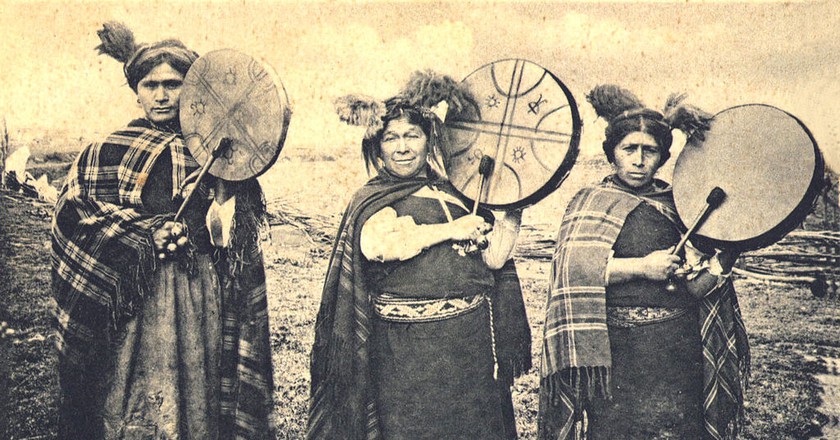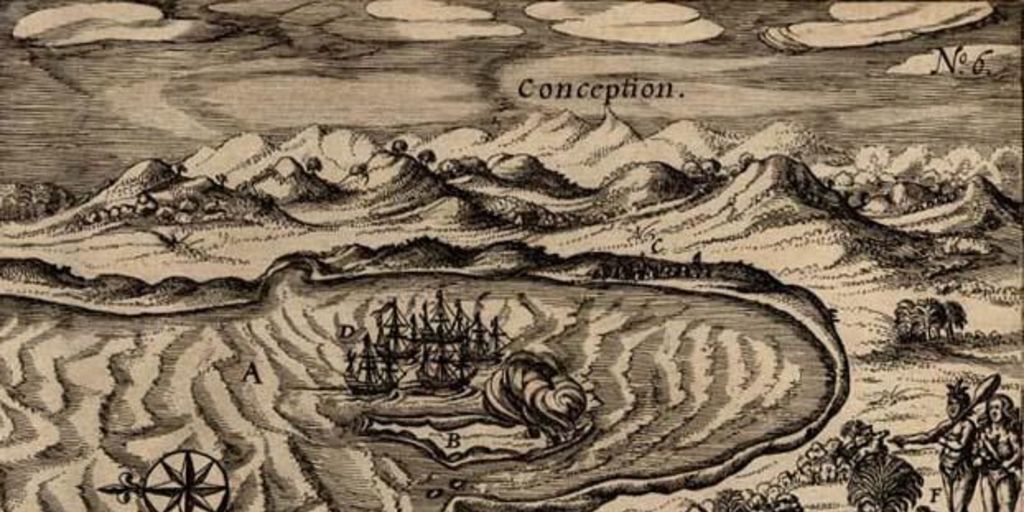To procure substitutes for his lost sailors, as well as supplies of water and sails, the captain, at the earliest opportunity, had made for Baldivia, the southernmost civilized port of Chili and South America;
This "civilized port" called Valdivia, was named for invader Pedro de Valdivia, who also established what became Santiago de Chile in the mid 16th century.
Valdivia became the first governor of the Captaincy General of Chile. In that post, he obeyed the viceroy of Peru and, through him, the King of Spain and his bureaucracy. Responsible to the governor, town councils known as Cabildo administered local municipalities, the most important of which was Santiago."
(History of Chile), Wikipedia)

"The greatest resistance to Spanish rule came from the Mapuche people, who opposed European conquest and colonization until the 1880s; this resistance is known as the Arauco War. Valdivia died at the Battle of Tucapel, defeated by Lautaro, a young Mapuche toqui (war chief), but the European conquest was well underway." See "A Brief History of the Mapuche People."
